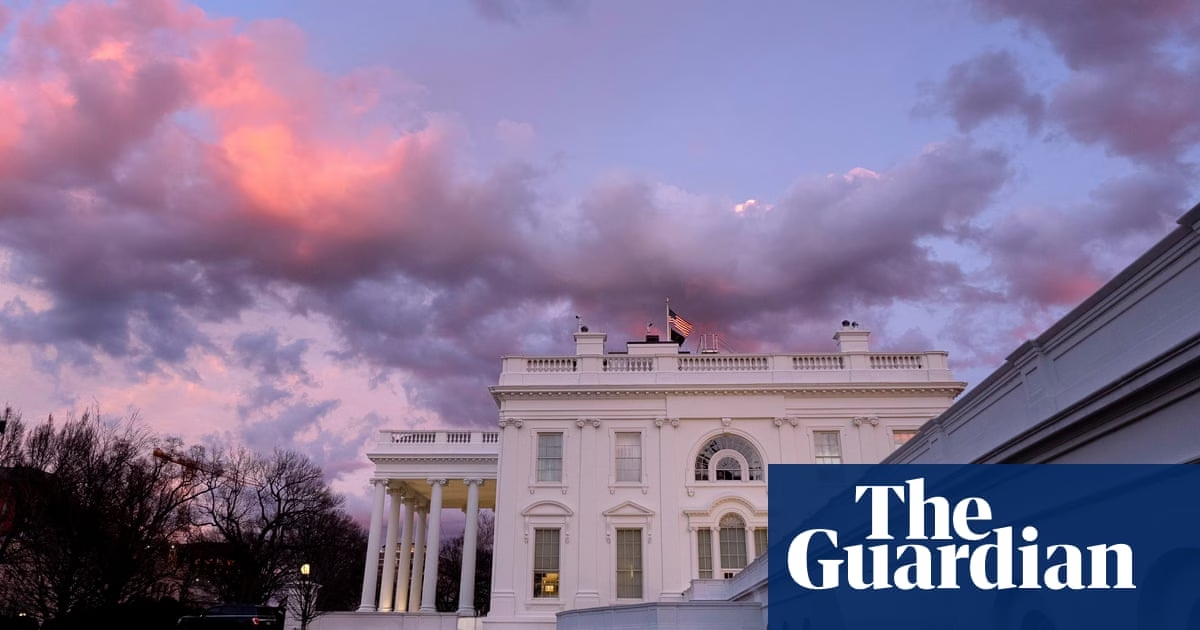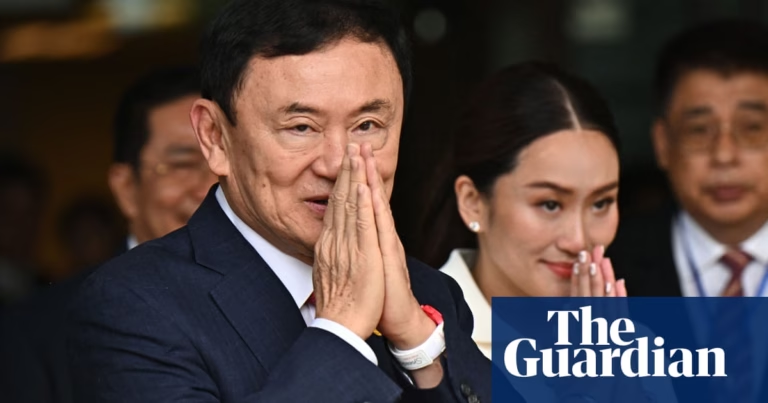This year, the annual White House correspondents’ dinner is missing its comedic element, a feature that has been a part of this event since 1924. The dinner, set for April 26, is organized by the White House Correspondents’ Association (WHCA) and usually features a post-meal routine where a comedian entertains by roasting the powerful. Every U.S. president has attended at least one WHCA dinner except for Donald Trump.
The WHCA is in conflict with the White House over restricted media access and has selected Nebraska comedian Amber Ruffin, known for her satirical criticism of the Trump administration, as the comedian for this year’s event. However, the White House deputy chief of staff, Taylor Budowich, attacked this choice, escalating tensions in the ongoing conflict between the press and the sitting administration.
The WHCA decided to cancel Ruffin’s comic performance, hoping to focus the event on honoring journalists rather than political divisions. This choice left the organization without allies, as Budowich claimed the decision was a “cop out” and lamented the association’s losing relevance.
Others see the WHCA’s decision as evidence that the press is too accommodating to the administration. This follows a string of defamation settlements and efforts by the White House to cut funding for government-backed news outlets.
Ruffin, who has written for political satire pieces, joked recently about a dispute with the Associated Press concerning Trump’s executive order to rename the Gulf of Mexico, which had led to the AP being excluded from the presidential plane and Oval Office.
Trump’s history with the correspondents’ dinner is contentious. In 2011, then-president Barack Obama used the event to poke fun at Trump’s fixation on Obama’s birth certificate. Trump, who would become president five years later, was in attendance.
Critics have long questioned the purpose of this pivotal event, wondering if a lively gathering between the press and a government with opposing interests is appropriate. After comedian Michelle Wolf’s 2018 routine, again featuring Trump, The Hill—which has since opted out of the dinner—took offense and decided not to attend.
The complex relationship between media and government raises concerns about independence and objectivity. Incidents like the Signalgate show how close working relationships can become, and Trump’s restrictive policies on media access further fuel the debate. There is a growing sentiment suggesting that the dinner should be discontinued, with veterans like Peter Baker of The New York Times and Ron Fournier of the Associated Press voicing their disapproval of attending while press freedoms are being curbed.





